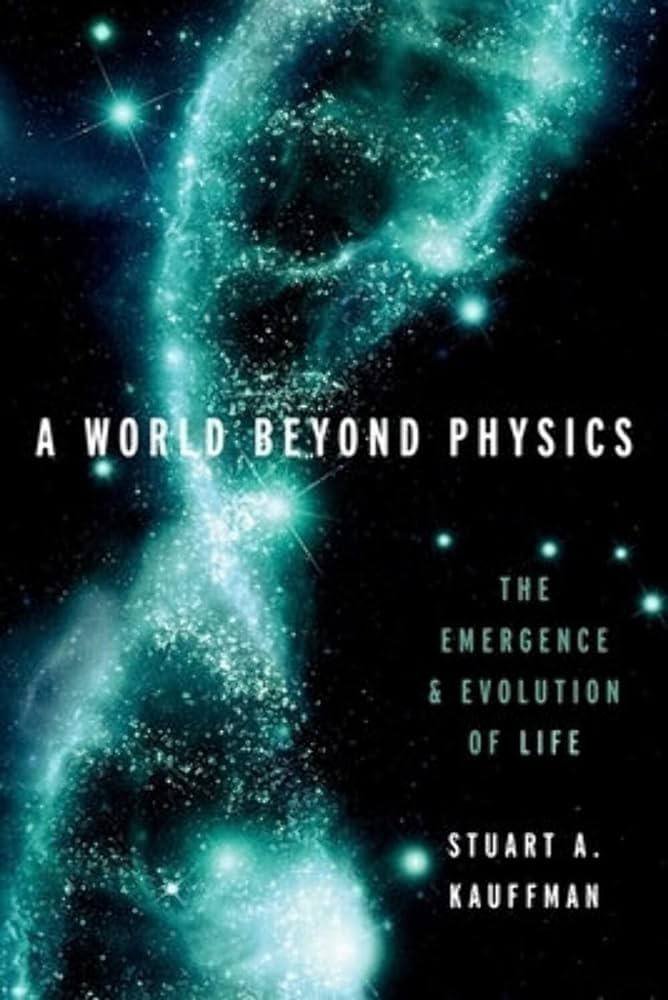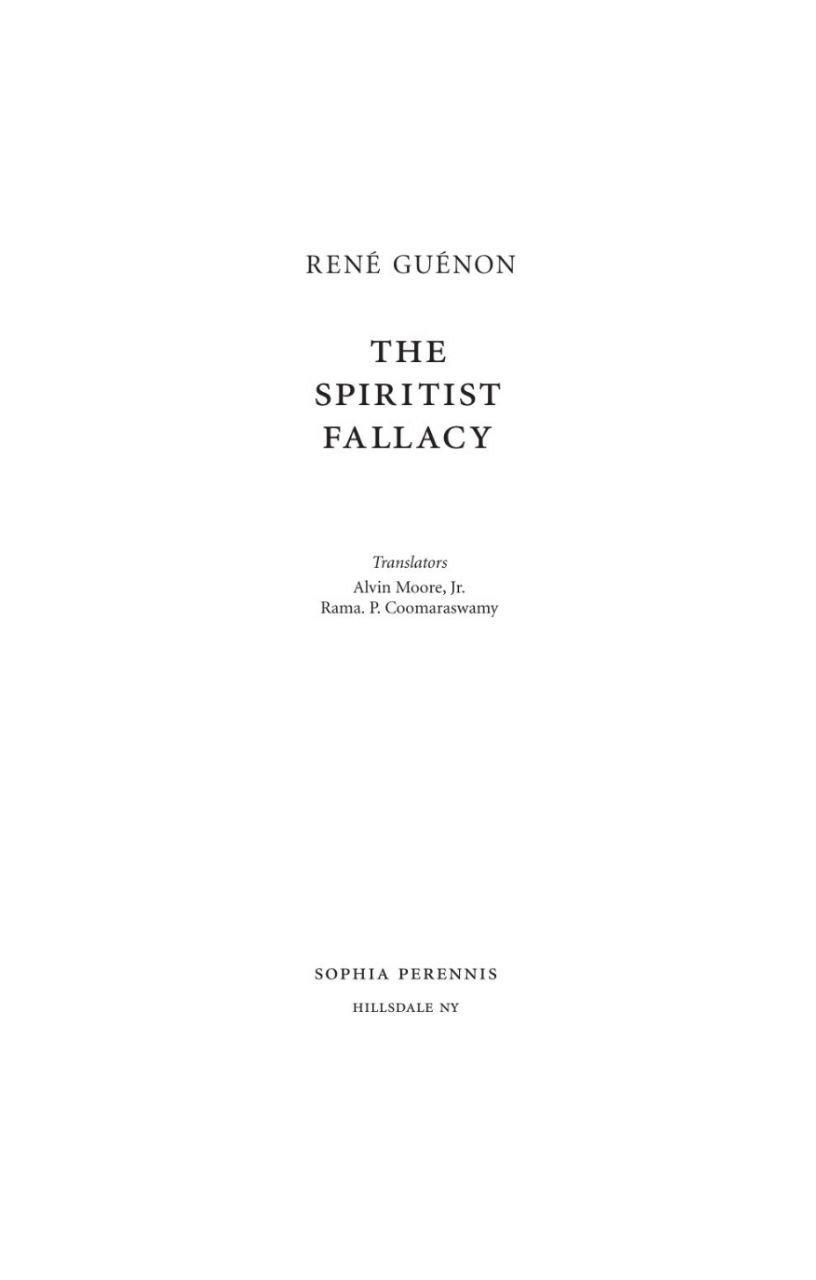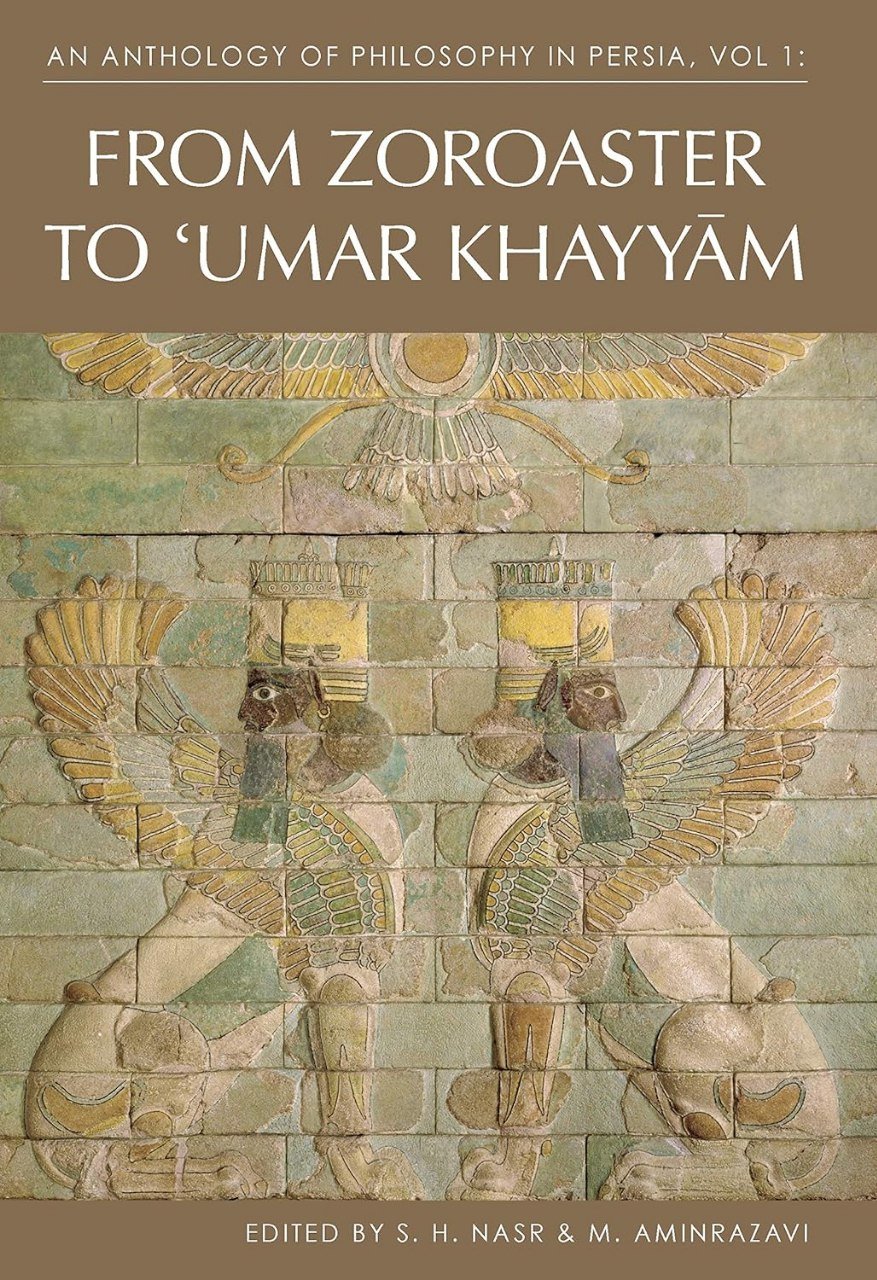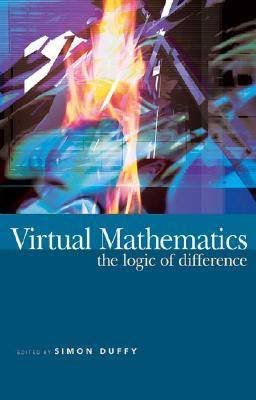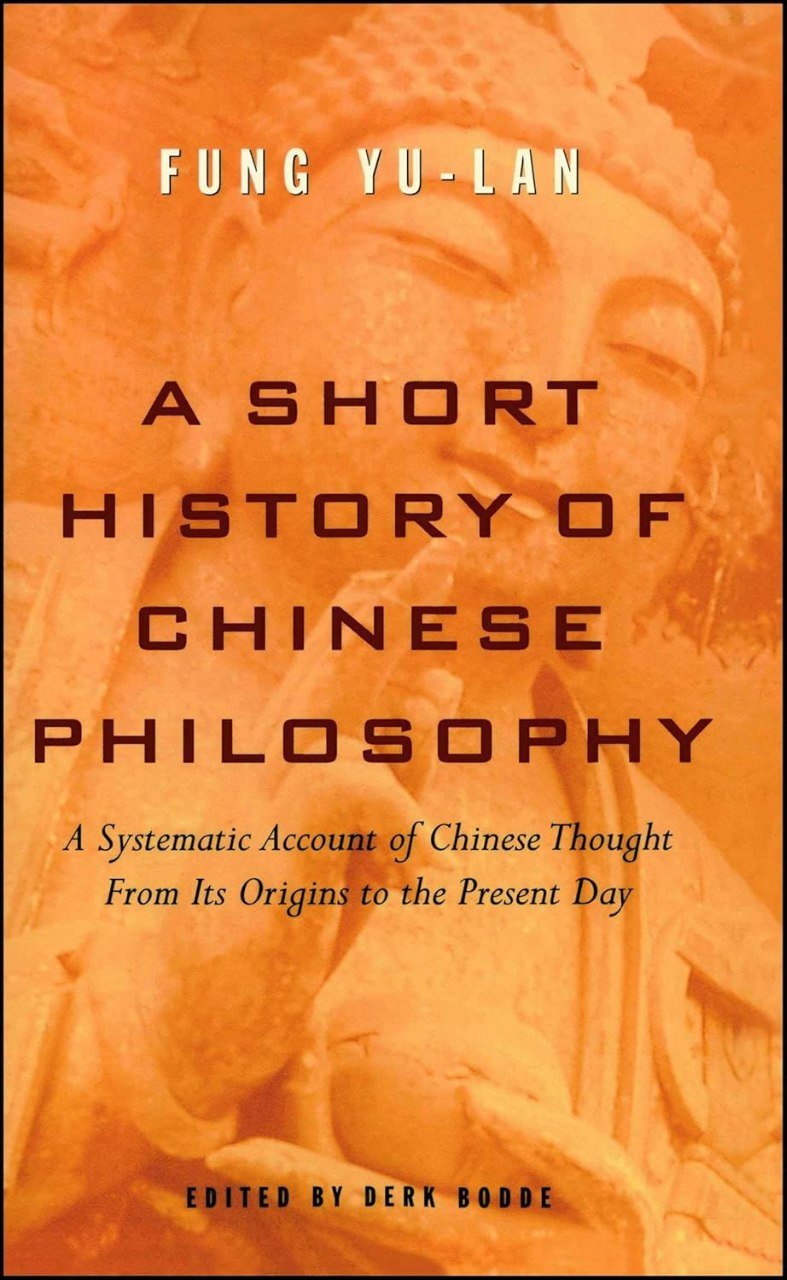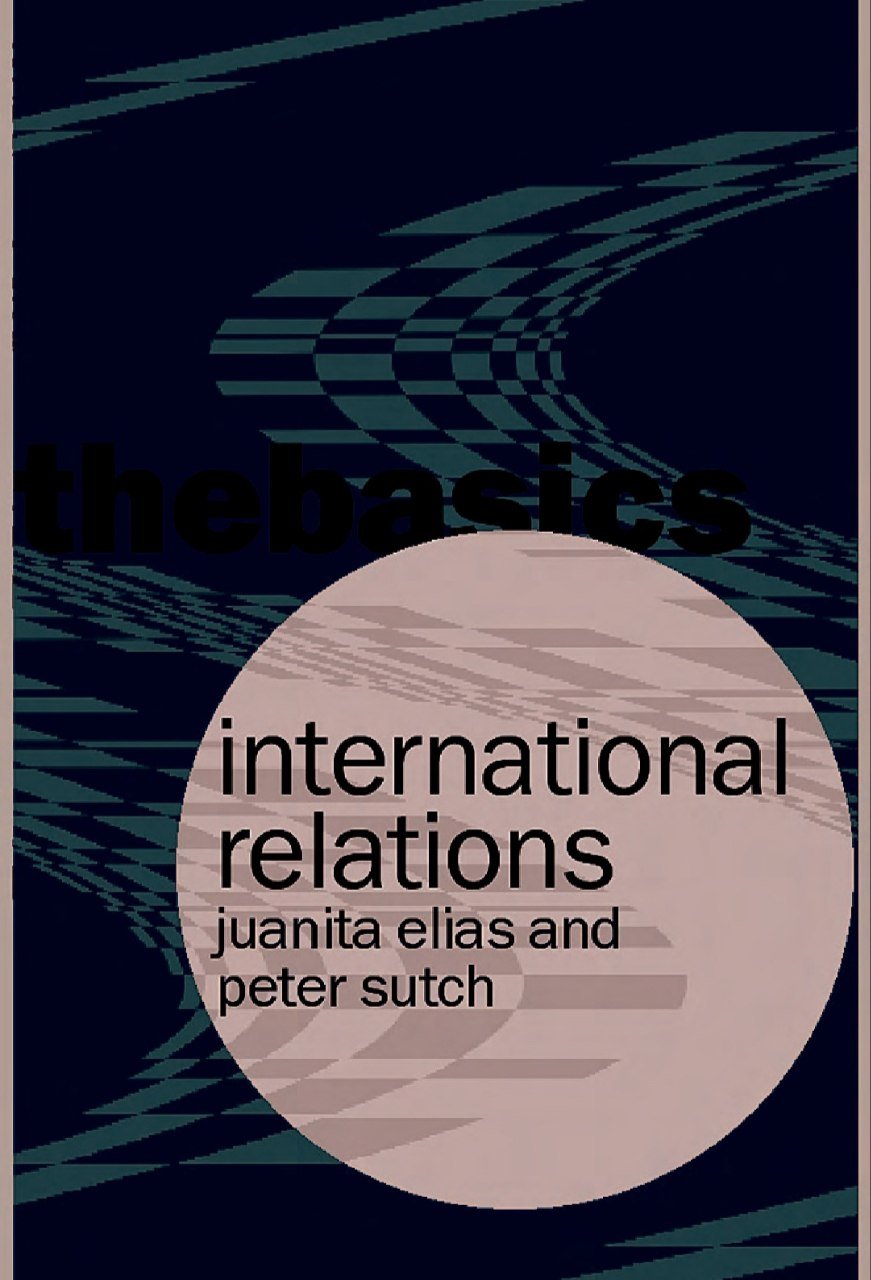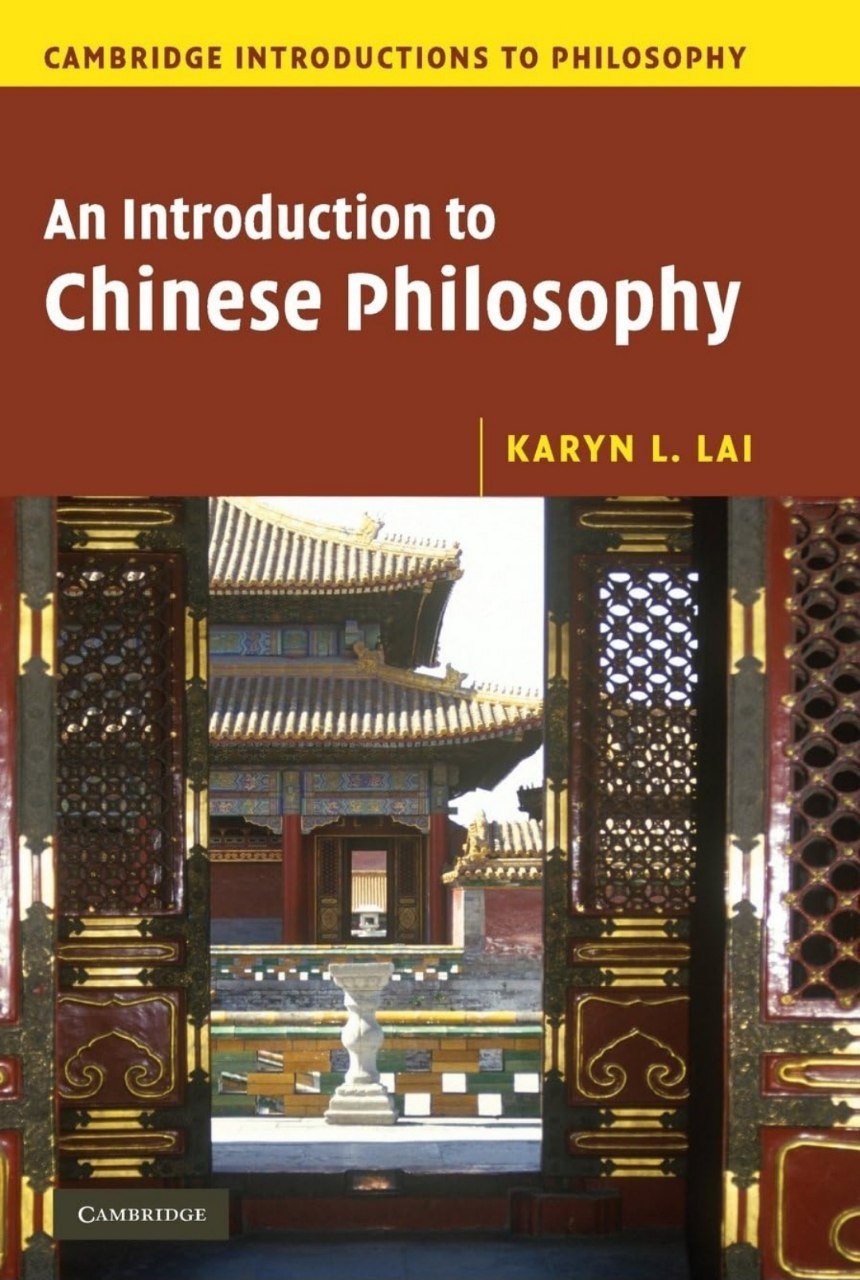

Theosophy: History of a Pseudo-Religion by René Guénon
Reviews
No review yet. Be the first to review this book!
Description
Theosophy: History of a Pseudo-Religion by René Guénon is a penetrating critique of the Theosophical movement, which was founded by Helena Petrovna Blavatsky in the late 19th century. In this book, Guénon methodically dismantles the claims of Theosophy, exposing its inconsistencies, distortions of traditional doctrines, and the fabricated origins of its teachings. He argues that Theosophy is not a legitimate spiritual path but rather a modern pseudo-religion that misrepresents authentic esoteric traditions while promoting misleading and superficial ideas. Guénon traces the historical development of Theosophy, examining its key figures, including Blavatsky, Annie Besant, and Charles Leadbeater. He reveals the movement’s dubious origins, its Westernized reinterpretation of Eastern doctrines, and its association with secret societies and occultist groups. He also critiques Theosophy’s concept of "Ascended Masters" and its selective borrowing from Hinduism and Buddhism, arguing that it distorts these traditions to fit its own agenda. One of the central themes of Guénon’s critique is that Theosophy, rather than providing true spiritual knowledge, serves as a tool for misinformation and deception, leading seekers away from genuine metaphysical understanding. He connects Theosophy to broader currents of modern spiritual confusion, including New Age movements and Western occultism, which he sees as symptomatic of a decline in traditional wisdom. Written with Guénon’s characteristic rigor and depth, Theosophy: History of a Pseudo-Religion remains a crucial text for those seeking to understand the differences between authentic spiritual traditions and modern esoteric distortions. It serves as both a historical analysis and a philosophical warning against superficial and misleading spiritual movements.
























.jpg)
.jpg)

.jpg)















.jpg)
.png)





.jpeg)









.jpg)










.jpg)
.jpeg)
.jpeg)






.jpeg)

.jpg)


.jpeg)




.jpg)




